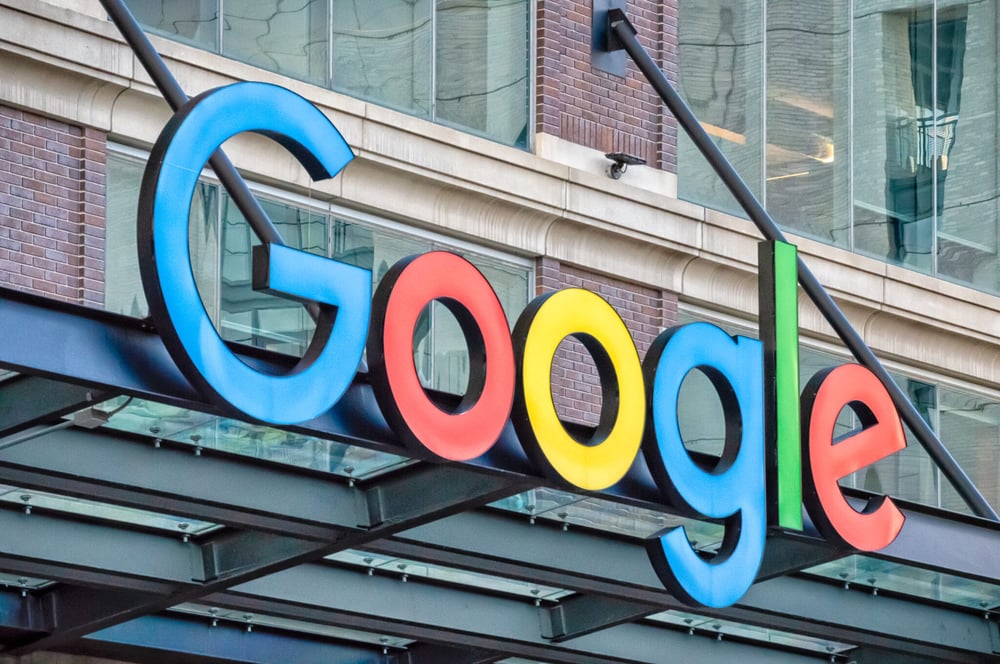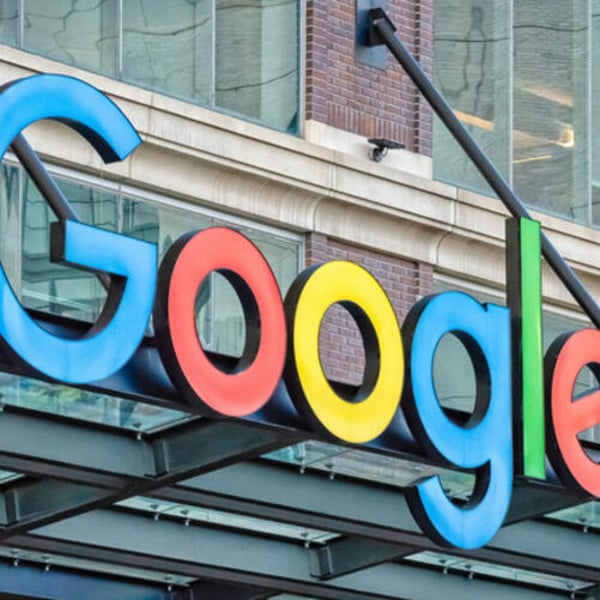By
AFP
Translated by
Nazia BIBI KEENOO
Published
April 18, 2025
Google has been found guilty of abusing its dominant position in the online advertising industry, marking a second major legal blow for the California-based tech giant. The ruling follows a previous judgment in 2024, when the company was found guilty of anticompetitive behavior in the online search market.

A U.S. federal judge ruled Thursday that Google had effectively created a monopoly in digital advertising, inflicting “significant harm” on clients and locking out competitors.
Antitrust authorities in the United States accused Google of inflating advertising costs and unfairly distributing ad revenue by controlling advertising tools and inventory sales, such as banner placements.
While the court found that acquisitions like DoubleClick were not illegal on their own, it concluded that Google’s subsequent use of these tools violated competition laws.
Google has announced plans to appeal the decision, which could eventually reach the Supreme Court.
“The court found that our tools and acquisitions, like DoubleClick, do not harm competition,” said Lee-Anne Mulholland, Google’s vice president, in a statement to AFP. “We prevailed on half the case and plan to appeal the rest.”
Evelyn Mitchell-Wolf, principal analyst at Emarketer, told AFP that “the impact of the ruling will depend on the legal remedies pursued, and the implementation timeline could stretch for years if Google loses its appeals.”
Antitrust pressure mounts
The decision comes amid growing antitrust scrutiny of large tech firms. “The broader picture is crystal clear: the antitrust tide has turned against Google and other digital advertising giants,” Mitchell-Wolf added.
The case stems from a lawsuit filed by the Biden administration in January 2023, and the trial will take place in September. It marks a major step in the federal government’s efforts to curb market concentration in the tech sector.
Judge Leonie Brinkema concluded in her ruling that Google “knowingly carried out a series of anticompetitive actions to obtain and maintain monopoly power over ad servers and online ad exchanges.” The 115-page decision outlined how the company tied its ad tech tools to ad inventory sales in contracts, thereby shutting out competition.
“Everyone—from major news organizations to small independent bloggers—suffered financial harm due to Google’s behavior,” said New York Attorney General Letitia James. She called the verdict “a major victory,” adding that Google’s conduct “makes it harder to offer free, high-quality online content to everyone.”
What comes next
During the trial, Google’s defense argued that the government’s claims failed to reflect how digital ads now appear across various platforms, including mobile apps, search engines, and social media.
Judge Brinkema has given both parties seven days to submit a proposed schedule outlining the next steps to determine legal remedies. A final ruling will follow. However, the incoming U.S. administration may also influence the outcome depending on political shifts.
In October 2024, former President Donald Trump expressed opposition to breaking up Google, warning that such a move could weaken the United States globally.
Google is now the first major tech firm in this wave of investigations to face such serious consequences. In the separate online search case decided last year, prosecutors aim to force Google to divest its Chrome browser and stop making agreements with smartphone makers to install its search engine as the default option.
Meanwhile, Meta (the parent company of Facebook and Instagram) began its own trial on Monday in Washington. The social media giant stands accused of acquiring Instagram and WhatsApp more than a decade ago to stifle emerging competition.
Copyright © 2025 AFP. All rights reserved. All information displayed in this section (dispatches, photographs, logos) are protected by intellectual property rights owned by Agence France-Presse. As a consequence you may not copy, reproduce, modify, transmit, publish, display or in any way commercially exploit any of the contents of this section without the prior written consent of Agence France-Presses.






